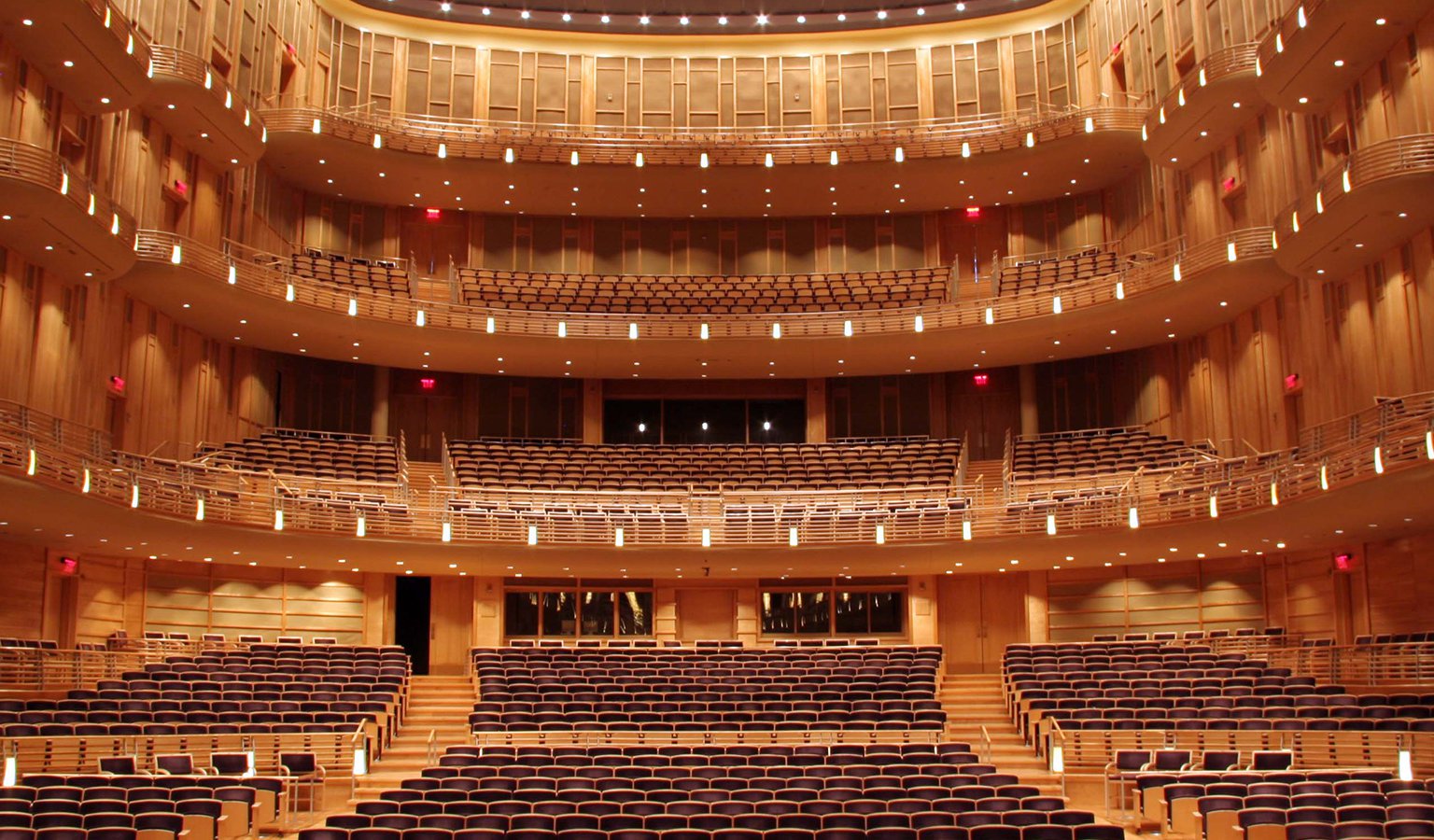
Program
Featuring
Other information
The event is about 2.5 hours long.
About the event
The Budapest Festival Orchestra will bring a renowned singer of Mahler’s works to Washington, treating the audience with a performance of the choir composed of the orchestra’s own members. For years, the BFO had been staging a Mahler Festival in Hungary; and Dvořák is one of the composers they spotlighted in the last two seasons – the concert’s programme, running the gamut from flowers to death, will feature works by both musicians.
Mahler’s Symphony No. 1 premiered in Budapest in 1889 as a work in five movements. Later the composer revised the piece several times, eventually dropping the second movement which was rediscovered only in 1966. “Blumine”, evoking a goddess of flowers, suggests idyllic music. In addition to lyrical harp melodies, it is also known for its gentle trumpet solo, explained by the prehistory of this movement: Mahler borrowed the melody from his incidental music to the drama The Trumpeter of Säckingen.
For years, at some of their concerts, the musicians of the BFO have also been showing off their skills as a choir. This time they will sing Dvořák’s soothing Evening’s Blessings for mixed choir to set the stage for Mahler’s most moving piece, Kindertotenlieder (Songs on the Death of Children). Composed to Friedrich Rückert’s poems, the orchestral song cycle approaches the stages of losing a child from five different perspectives, depicting the pain, the processing and the acceptance. Let us quote the Leipziger Volkszeitung’s comments about the soloist of this evening: “Gerhild Romberger, with her dark, ringing voice, is a great choice. A little mysterious, at times she enchants, while other times she is endlessly determined.”
The second half of the concert will feature Dvořák’s Symphony No. 8 in G major, arguably his most intimate and original work in the genre. In search of a new path and new sounds, he composed this inward work, classical in form, yet encompassing a broad spectrum of emotions and including Slavic motifs. The birdsong of the flute, or the trumpets inviting us all to join the dance, are just the most conspicuous elements that determine the intimate and optimistic atmosphere of the symphony.